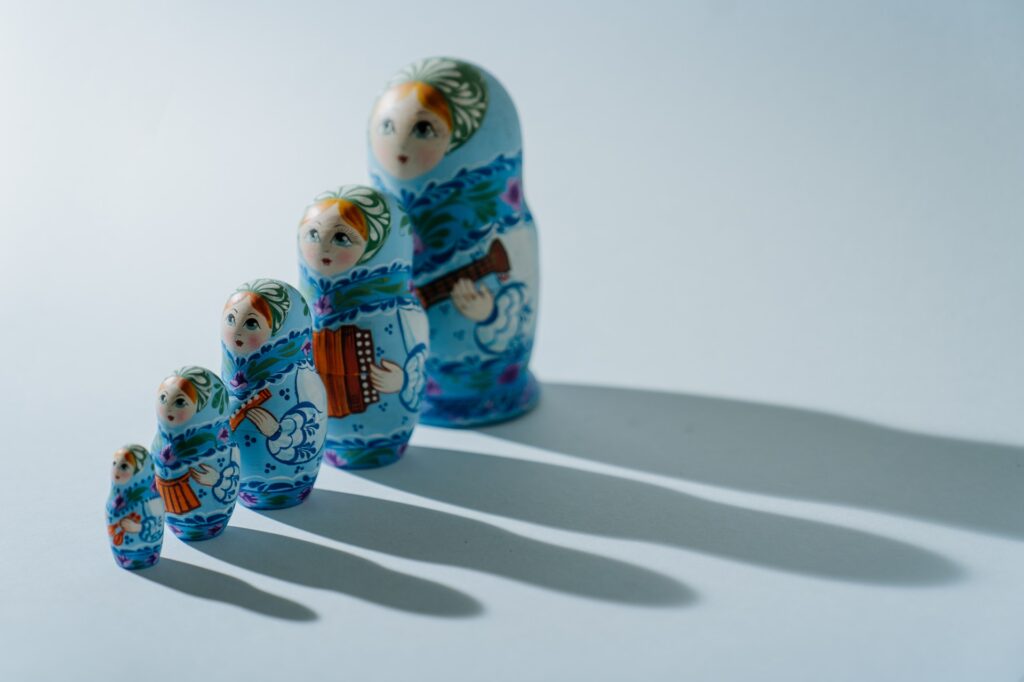了…以外 is used to say except for, or aside from in Chinese. The phrase is used to introduce more information or give an exception. In this post we’ll look at some examples of this phrase.
Time, Subject and Object Usage
The basic was of using 除了...以外 is “除了 <noun phrase> 以外”. 除了...以外 can be used with time, subjects (the person or thing doing an action), or objects (the person or thing involved in the action). Let’s look at some examples:
Time:
除了昨天,今天也很热。
chúle zuótiān, jīntiān yě hěn rè.
Besides yesterday today is also hot.
Subject:
除了爸爸意外,妈妈也要去。
chúle bàba yìwài, māma yě yào qù.
Besides dad, mum also wants to go.
Object:
除了汽车以外,他也喜欢摩托车。
chúle qìchē yǐwài, tā yě xǐhuan mótuōchē.
Besides cars, he also likes motorbikes.
It’s not necessary to include both 除了 and 以外, one can be dropped, so for the example he following are equivalent:
除了爸爸,妈妈也要去。
chúle bàba, māma yě yào qù.
Besides dad, mum also wants to go.
爸爸意外,妈妈也要去。
bàba yìwài, māma yě yào qù.
Besides dad, mum also wants to go.
除了爸爸以外,妈妈也要去。
chúle bàba yǐwài, māma yě yào qù.
Besides dad, mum also wants to go.
除了…以外 and Adverbs: 也,又,还,都
Several adverbs can follow 除了...以外, these are as follows:
也 (yě) – also
Pairing 除了...以外 with 也 means “also”, for example:
除了爸爸以外,妈妈也要去。
chúle bàba yǐwài, māma yě yào qù.
Besides dad, mum also wants to go.
除了我以外,他也不喜欢上课。
chúle wǒ yǐwài, tā yě bù xǐhuan shàngkè.
Besides me, he also doesn’t like to attend class.
又 (yòu) – again
Pairing 除了...以外 with 又 creates the meaning of “again”, very similar to 也 “also”, for example:
除了游泳以外,我又踢球。
chúle yóuyǒng yǐwài, wǒ yòu tī qiú.
Besides swimming, I also played soccer (football).
还 (hái) – still
Pairing 除了...以外 with 还 means “still”, for example:
除了德国以外,我还不喜欢欧洲。
chúle Déguó yǐwài, wǒ hái bù xǐhuan Oūzhōu.
Besides Germany, I still don’t like Europe.
除了苹果以外,他们还有香蕉。
chúle píngguǒ yǐwài, tāmen háiyǒu xiāngjiāo.
Besides apples, they also have bananas.
都 (dōu) – all
Pairing 除了...以外 with 都 means “all”, for example:
除了他以外,大家都去。
chúle tā yǐwài, dàjiā dōu qù.
Besides him, everyone went.
除了他以外,大家都准备好了。
chúle tā yǐwài, dàjiā dōu zhǔnbèi hǎo le.
Besides him, everyone (all) was ready.
除了他以外,我们都去了。
chúle tā yǐwài, wǒmen dōu qù le.
Besides him, everyone (all) went.
Summary
The 除了...以外 is a very common structure in Chinese, and one that is worth practising and trying to incorporate in your everyday speech so you become familiar with it.

